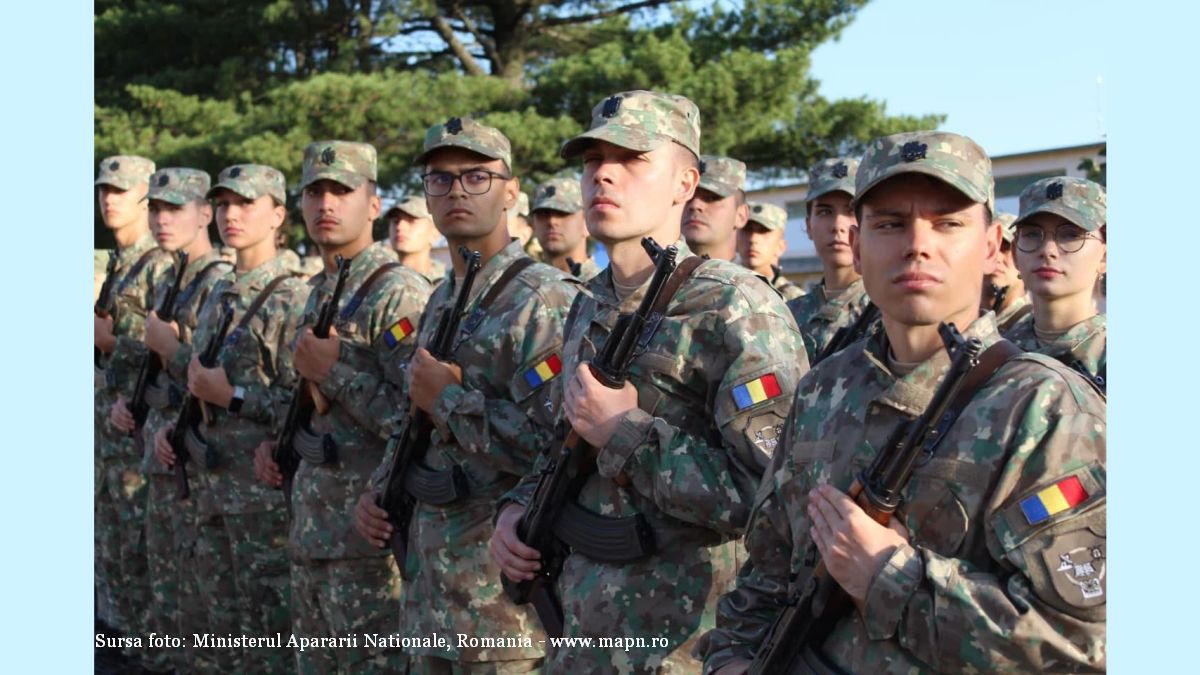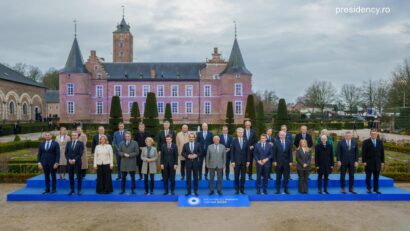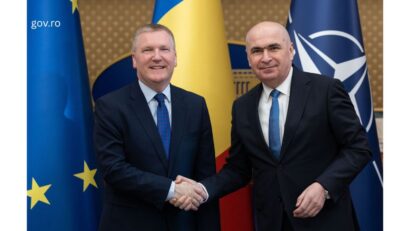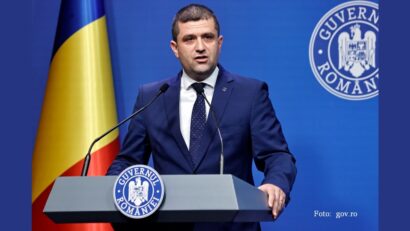Romanians, in favour of voluntary military service
Almost three quarters of Romanians agree with voluntary military service.

Leyla Cheamil, 18.09.2025, 13:50
For almost two decades, military service has not been mandatory in Romania, and now the army wants to attract young people on a voluntary basis. The Minister of Defense, Ionuț Moșteanu, announced that a new legal framework is being prepared to increase and rejuvenate the army reserve. Young people between the ages of 18 and 35 will be able to complete a paid four-month training program. At present, the average age of reservists is approximately 47. Ionuţ Moşteanu: “Starting next year, we will have a new legal framework to increase the Romanian Army reserve, a legal framework that we will soon send to Parliament. The proposal is on the table of the Supreme Council of National Defense, it still needs its approval and then it will go to Parliament, in October. It is an initiative meant to rejuvenate the Romanian Army reserve and also increase the recruitment pool for professional soldiers. Of course, some of them will want to stay, in the case of others we will be the ones to ask them to stay, because they are very good and we will try to convince them to become professional soldiers”.
An INSCOP survey published on Wednesday reveals that almost three quarters of Romanians agree with the voluntary military service. However, it is a decrease of over 5% compared to July, when 79.4% supported such an option. On the other hand, a fifth of the participants have a bad opinion of the introduction of voluntary military service, compared to 15.1% in July. The measure is supported by 60% of people with primary education, 76% of those with secondary education and 87% of those with higher education.
The barometer was conducted between September 1th and 9th. INSCOP Research Director Remus Ştefureac has said that the population’s support for voluntary military service has been “strong and consistent” over time, with three-quarters of Romanians having a good opinion of this form of military service both now and ten years ago. He pointed out that segmenting the responses by population groups reveals relatively homogeneous opinions, with only the population with primary education recording a percentage of over 30% of respondents with a bad opinion of voluntary military service. According to Remus Ştefureac, voters of all parties have, in very large proportions, a good opinion of the voluntary military service, with very high proportions in the case of PNL and USR voters (part of the coalition government alongside PSD and UDMR). “In the regional context marked by Russian aggression in Ukraine, these perceptions can contribute to strengthening the population’s preparedness and resilience in relation to concrete security threats,” said the director of INSCOP Research. (EE)






























